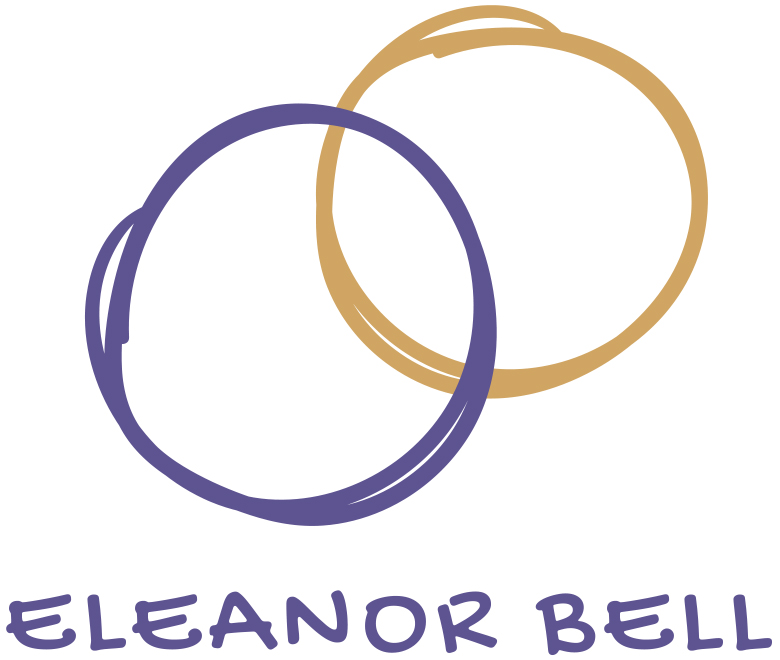I have been contemplating fear and authenticity, as they have shown up recently in others around me and in myself. There is a part of me that holds a lot of trepidation about being authentic – which makes sense, since I experienced negative repercussions for showing my true feelings, mostly when I was young. Many children get the message that their feelings, especially anger, fear or sadness, are not welcome – too much for the adults in their lives, who try to fix, make happy, or push away the uncomfortable feelings, often unconsciously. I was one of those kids.
The natural response to this is to internalize the message that your authentic truth is not welcome and that expressing it could threaten a relationship with someone who is important to you. Kids learn to hide their authenticity, or worse yet, to cut it off from themselves. And that can make so many things difficult: knowing what you really want or being able to express it; asking for help; setting and holding boundaries; and perhaps the most difficult, feeling safe in the world. Why? Because if you believe that your authentic truth is not allowed to exist or to be expressed to the people close to you, of course you can’t feel safe. You must be always on guard, careful about what you share. This need for protection, based on the belief that your authenticity is a problem, creates a real barrier to intimacy with another person. It can become a reinforcing feedback loop – they can usually sense that you are holding back, and that can create a sense of caution and protection in them, which you pick up on and can make you feel even less safe in being yourself.
The good news is that it is possible to learn how to share your authentic truth with someone, from a place of open-hearted compassion rather than defensiveness. And doing so can dramatically increase a sense of safety in the relationship. If you tell me your truth, even if it is something that I don’t really want to hear, my trust in you increases because I know I don’t have to guess about how you are feeling or what you want. The more authentic you are, the safer you feel to others. And it takes courage to step in to the risk of being authentic. However, in my experience, the risk is well worth it – leading to more safety, intimacy and even greater freedom to be my authentic self. A reinforcing feedback loop in the other direction.

